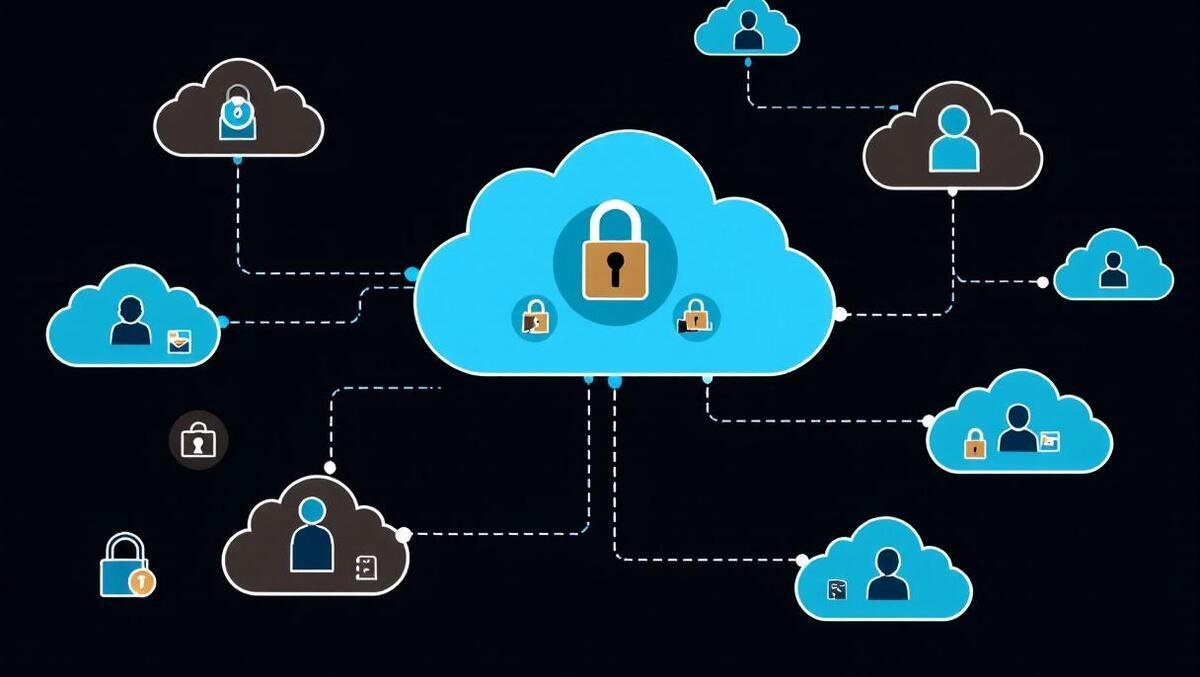Fortinet Enhances FortiCloud by Introducing New Identity and Storage Services for Improved Performance
Fortinet has announced an expansion of its global cloud infrastructure, FortiCloud, introducing new services designed to enhance identity management, secure storage, and communications for modern enterprises. The update includes three new security-native services: FortiIdentity, FortiDrive, and FortiConnect. These services are part of Fortinet’s ongoing strategy to deliver a unified platform for organisations seeking to consolidate security tools and streamline operations for hybrid workforces. FortiIdentity offers cloud-delivered identity and access management for hybrid teams, supporting secure Single Sign-On (SSO), multifactor authentication (MFA), FIDO2 passkeys, and identity federation across Fortinet and third-party applications. The solution is scalable for enterprise and managed service provider needs, providing privileged access management (FortiPAM-as-a-Service) with zero-trust network access checks.
FortiDrive serves as a secure file storage and collaboration service that protects sensitive data both at rest and in transit. It features advanced encryption, granular access controls, real-time collaboration capabilities, file version history, and site management options for team or project-based organisation. Compliance requirements are addressed through role-based access control and least-privilege policy enforcement. FortiConnect is introduced as a unified communication platform tightly integrated with FortiDrive, enabling secure calling, messaging, meetings, and file sharing, supported by FortiGuard Labs’ AI-powered threat intelligence to protect communications from cyber threats. These new services are natively integrated into the Fortinet Security Fabric, providing centralised visibility, consistent policy enforcement, and real-time threat protection across users, devices, applications, data, and AI agents. Fortinet’s continued investment in infrastructure includes company-owned data centres located in Atlanta, Chicago, New York, Plano, Frankfurt, Sydney, and Torija, Spain, aimed at delivering low-latency services and supporting regional requirements, including data sovereignty. Complementing this infrastructure, Fortinet utilises over 160 points of presence through partnerships with providers such as Google Cloud, AWS, and Digital Realty, supporting high-performance delivery of edge services and broadening options for enterprises.
Categories: Cloud Infrastructure, Security Services, Identity Management
Tags: FortiCloud, Identity Management, Secure Storage, Communications, FortiIdentity, FortiDrive, FortiConnect, Zero-Trust, Security Fabric, Cloud Infrastructure
